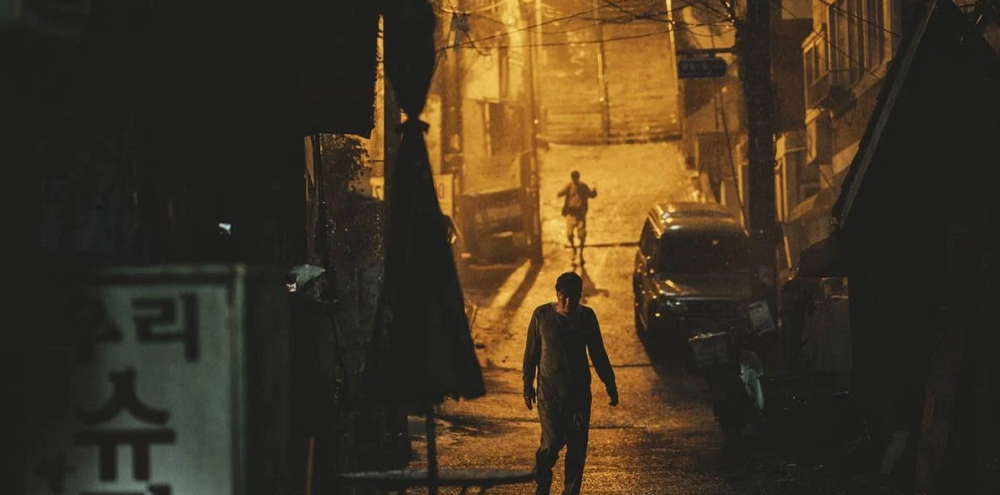The burden of climate change in Bong Joon Ho’s Oscar-winning Parasite
Class criticism is a common theme in movies. This one says something more unusual.

The South Korean film Parasite won four Oscars this week, including the first-ever best picture award won by a subtitled film. Seeing an Asian film dominate the US awards season might represent some progress in representation, or it might just represent the monumental achievement of filmmaker Bong Joon Ho. Either way, Parasite’s big night on Sunday was a moment of collective pride and joy for Asian film lovers everywhere.
The film offers a witty story about a poor family and a rich one. The Kims live in a cramped semi-basement apartment in the dark depths of Seoul, while the Parks live in a sleek, architecturally astounding home atop a private hill in the affluent neighborhood of Gangnam. Parasite comments on South Korea’s growing economic inequality and social divide.
There is also a secondary theme: climate change, and specifically how it disproportionately affects the poor. Bong Joon Ho makes sharp observations about climate change, and the film uses literal barriers and levels to represent its inequitable effects. All this culminates in a rainstorm flood scene. The heavy storm leads the Parks to end a camping trip prematurely and then relish the beautiful sunny weather that follows the next day. The Kims, however, find their home and community ravaged by the flood of rainfall, sewage, and waste. They have to sleep in an auditorium with other displaced people.




